Introduction
Many haircare products on the market are targeted at Black consumers, featuring Afrocentric branding and advertising campaigns highlighting natural textures. Yet, the uncomfortable truth is that a majority of these brands are not Black-owned.
While some began as small Black-owned businesses, they were sold to major corporations for financial security or growth opportunities. The fallout? Products may change, marketing may shift away from Black consumers, and the community can feel a sense of betrayal.
This article explores why Black-owned brands are sold, what happens after acquisition, and most importantly, provides the ultimate list of non-Black-owned haircare brands.

1. Why Black-Owned Haircare Brands Sell to Large Corporations
Challenges for Independent Black-Owned Businesses
- Access to Capital: Black entrepreneurs often struggle to secure funding to expand and meet market demands.
- Cost of Growth: Entering major retail requires significant investment, which small businesses can’t always afford.
- Competitive Market: Big corporations dominate the beauty industry with huge marketing and production budgets.
Why Founders Choose to Sell
- Expansion Goals: Acquisition provides access to global markets, distribution networks, and mainstream retail opportunities.
- Financial Security: Selling creates generational wealth for founders and their families.
- Burnout: Scaling a business is demanding. Acquisition provides an exit strategy for overwhelmed entrepreneurs.
2. What Happens After Acquisition?
When a Black-owned brand is sold to a conglomerate, several changes often occur:
| Key Changes | Impact |
| Product Formulation | Ingredients may be changed to reduce costs, impacting quality. |
| Marketing Focus | Brands often broaden their target audience, sidelining Black consumers. |
| Leadership Changes | Founders may leave, disconnecting the brand from its original mission and purpose. |
| Community Disconnect | Loyal customers feel alienated as the brand’s authenticity and cultural roots erode. |
3. Case Studies: Brands That Were Sold and Their Impact
SheaMoisture
- Founded: Richelieu Dennis (1991)
- Acquired By: Unilever (2017)
- Impact: A marketing campaign focused on “all women” upset Black consumers who felt overlooked. Rumors of formulation changes caused further distrust.
Carol’s Daughter
- Founded: Lisa Price (1993)
- Acquired By: L’Oréal (2014)
- Impact: While the brand expanded into Target and Ulta, consumers questioned whether its focus on Black hair remained a priority.
Mielle Organics
- Founded: Monique Rodriguez (2014)
- Acquired By: Procter & Gamble (2023)
- Impact: The acquisition sparked fears about formula changes and dilution of its Black-centered mission.
The Mane Choice
- Founded: Courtney Adeleye (2013)
- Acquired By: MAV Beauty Brands (2019)
- Impact: Increased store availability raised questions about whether founder-led decision-making remained intact.
4. Comprehensive List of Non-Black-Owned Haircare Brands
Many brands are often mistaken for Black-owned because of their marketing and branding. Here’s the largest list to clear up the confusion:
As I Am Tops the list:
As I Am is not Black-owned; it was founded by Dr. Ali N. Syed, an Indian-born chemist who worked for for Black brands as a chemist at Johnson Products and Soft Sheen in the 1970s and 1980s. In 1984, he established Avlon Industries, to create As I am and KeraCare.
Non-Black-Owned Haircare Brands and Their Manufacturers
| Brand Name | Manufacturer/Owner |
| African Pride | Colomer USA (Revlon) |
| African Best | African Best, Inc. |
| African Gold | J. Strickland |
| Affirm | Avalon Industries |
| Always Natural | Colomer USA |
| Afro Sheen | Alberto Culver |
| Ampro | Ampro Industries |
| AtOne | Biocide Labs |
| ApHogee | Alberto Culver |
| Bantu Hair Color | Nishmoto Trading |
| Beautiful Beginnings | L’Oréal (SoftSheen-Carson) |
| Better Braids | Keystone Lab |
| Bone Strait | Alberto Culver |
| Botanicals | Alberto Culver |
| Black Sassy | Spartan Brands Inc. |
| Black and White Ointment | J. Strickland |
| Blue Magic | J. Strickland |
| Cantu Shea Butter | Advanced Beauty Systems (P&G) |
| Care Free Curl | L’Oréal |
| Classy Curl | L’Oréal |
| Crème of Nature | Colomer Revlon Professional |
| Dark & Lovely | L’Oréal (SoftSheen-Carson) |
| Dax | Imperial DAX |
| Doo Gro | Diane Products |
| Duke | Alberto Culver |
| Dr. Miracle’s | Dr. Miracle’s LLC |
| Dr. Fred Palmer | Summit Labs |
| Eco Style Super Protein | Fantasia Industries |
| Elasta QP | L’Oréal |
| Excelle | JF Labs |
| European Silky Wrap | Revlon |
| Fabulaxer | Alberto Culver |
| Folicure | Johnson Products |
| Gentle Treatment | J. Strickland |
| Glover’s | American International |
| GiGi | Hollywood Beauty Imports |
| Hawaiian Silky | Fantasia Industries |
| IC Products | Clairol Incorporated |
| Infusium 23 | Johnson Products |
| Johnson Products | (Verification in progress) |
| KeraCare | Avlon |
| Leisure Curl | JF Labs |
| LeKair | Scientific Research Company |
| Let’s Jam | L’Oréal |
| Long Aid | Keystone Lab |
| Lustrsilk | Alleghany Pharmacal |
| Mane ‘n Tail | Straight Arrow Products |
| Mizani | L’Oréal |
| Motions | Revlon |
| Murray’s Hair Pomade | Murray’s Worldwide |
| Nadinola | J. Strickland |
5. How to Support Authentic Black-Owned Brands
Verified Black-Owned Haircare Alternatives
Here are Black-owned brands that prioritize the community:
| Brand Name | Founder(s) | What They Offer |
| Camille Rose | Janell Stephens | Natural, handmade products |
| Alikay Naturals | Rochelle Graham-Campbell | Organic, clean ingredients |
| Pattern Beauty | Tracee Ellis Ross | Focuses on curly and coily textures |
| TGIN | Aris Singleton | Black-owned legacy products |
| KeraVada | Demetrion Ware | Herbal and Natural Ingredient based hair treatments |
Steps to Identify Black-Owned Brands
- Research the Brand: Look at the official website and Black-owned directories.
- Follow Industry News: Acquisitions often make headlines.
- Demand Transparency: True Black-owned businesses highlight their ownership proudly.
6. The Bigger Picture: “Selling Out” and Its Impact
Benefits of Selling
- Access to global markets
- Generational wealth for founders
- Increased visibility for Black-led businesses
Risks of Selling
- Loss of cultural authenticity
- Decline in product quality
- Profits leaving Black communities
Conclusion: Make Intentional Choices
Your spending power matters. While acquisitions may benefit founders, they often come at the expense of authenticity, product quality, and cultural trust.

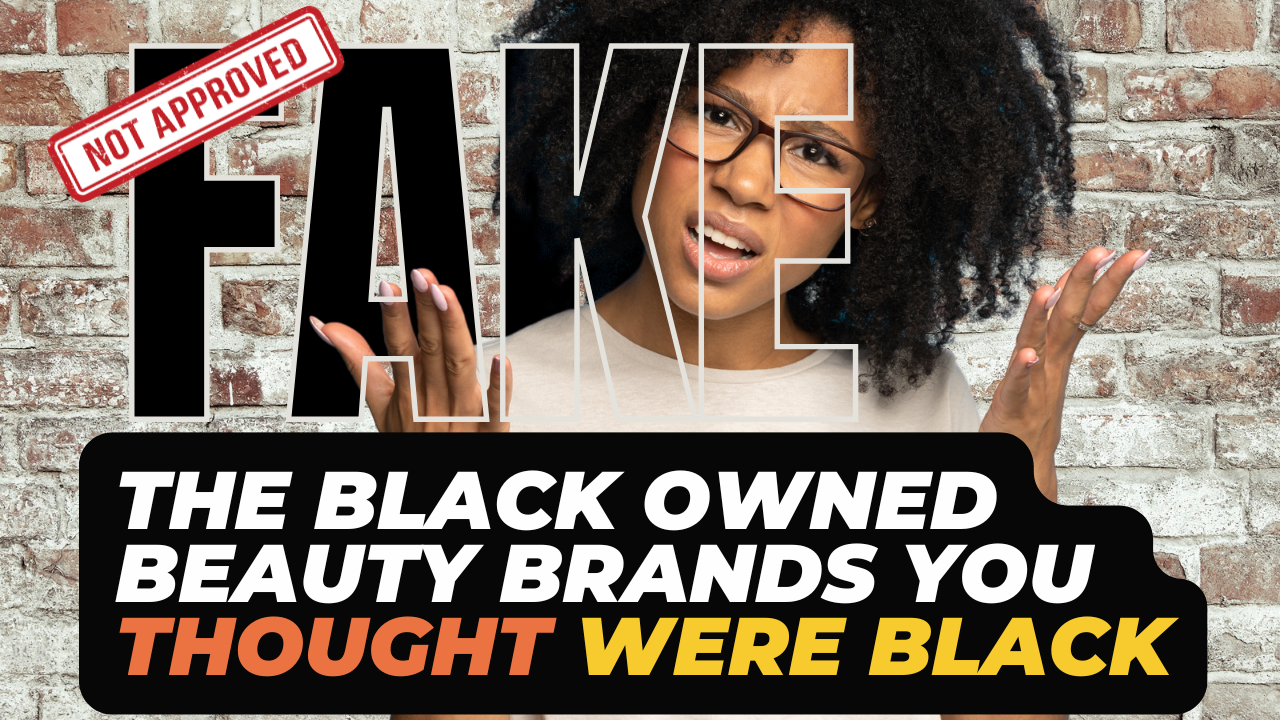

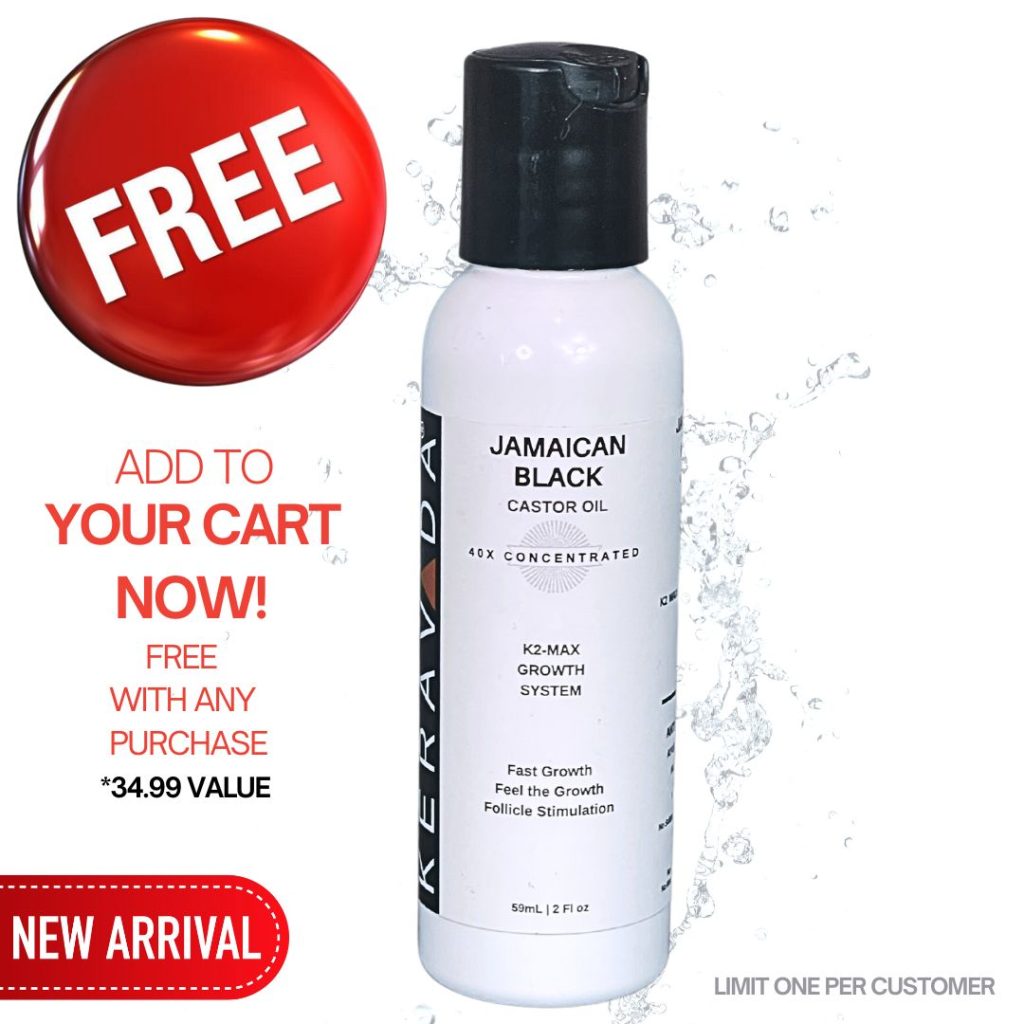
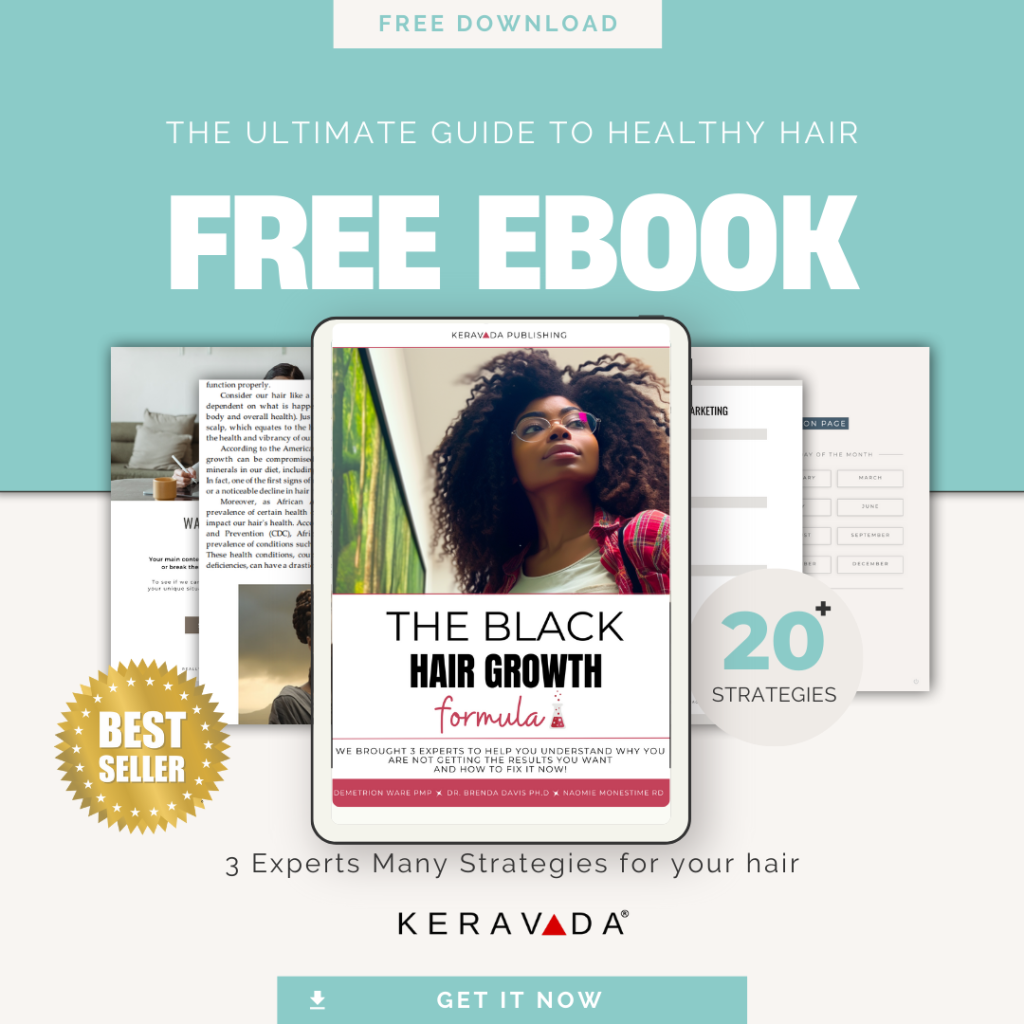
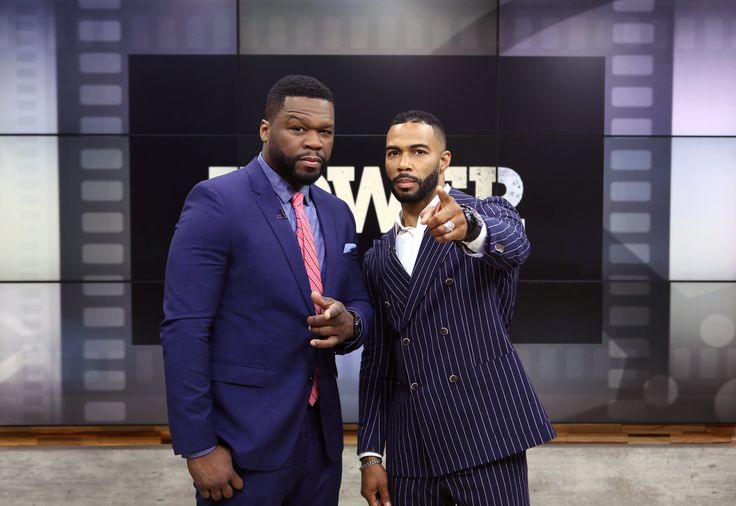
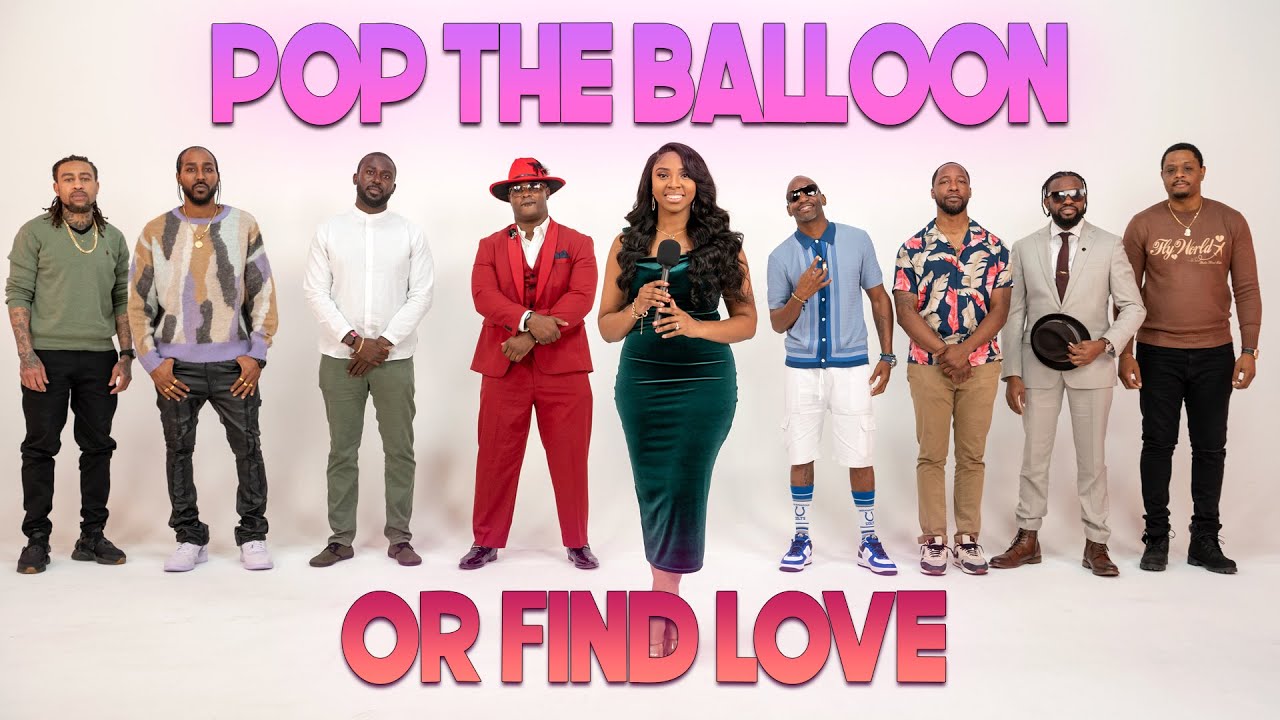


There are also two hairstylist I know still are black owned that sell their product online Deeperthanhair.com and dhwhealthyhair.com and there products are great
Interesting Article good information
Good information
They love our struggle but they don’t love us.
I’ve noticed a change in the color of Mielle’s oil. Used to be darker now it’s light.
Very good
This is much information, thank you for sharing.
This was very informative for individuals wanting to patron black owned businesses.
I want to bye only black own self for my hair and body
I used to buy QP Elasta and I went natural so I stopped buying it. I decided to straighten hair again so I went back to my tried and true product, but I noticed it felt different to the touch and it didn’t do the same job it used to. I can say for sure I will never buy it again. There’s also a few other products that I tried and I wasn’t happy with anymore. The watered down and changed ingredients product doesn’t work the same.
I found your list to be very informative. Indeed some brands I thought were black-owened were not. However , I did not see CurlMix on your list of products that are black- owned, why?
Donna’s Recipe is black owned
Add Herbs and Oil Hair Care Essentials LLC
There are not enough black owners of hair care products. Most of them sold out.
Thank you for the information I buy Camille Rose.
Add
https://naturalhair.org/pages/about-taliah
2 other black owned hair care companies:
1. Curlmix
2. Miche
Small brands are good to
I also buy products from http://www.buyblackmovement.com
I get herbal soaps, deodorant, shampoo, herbal teas, etc for them.
Bronner Brothers have been around more than 60 years. Never sold out. In Beauty Supply Stores, Walmart and their own shops. They have an Annual International Hair Show . Let’s give them their props from the ATL